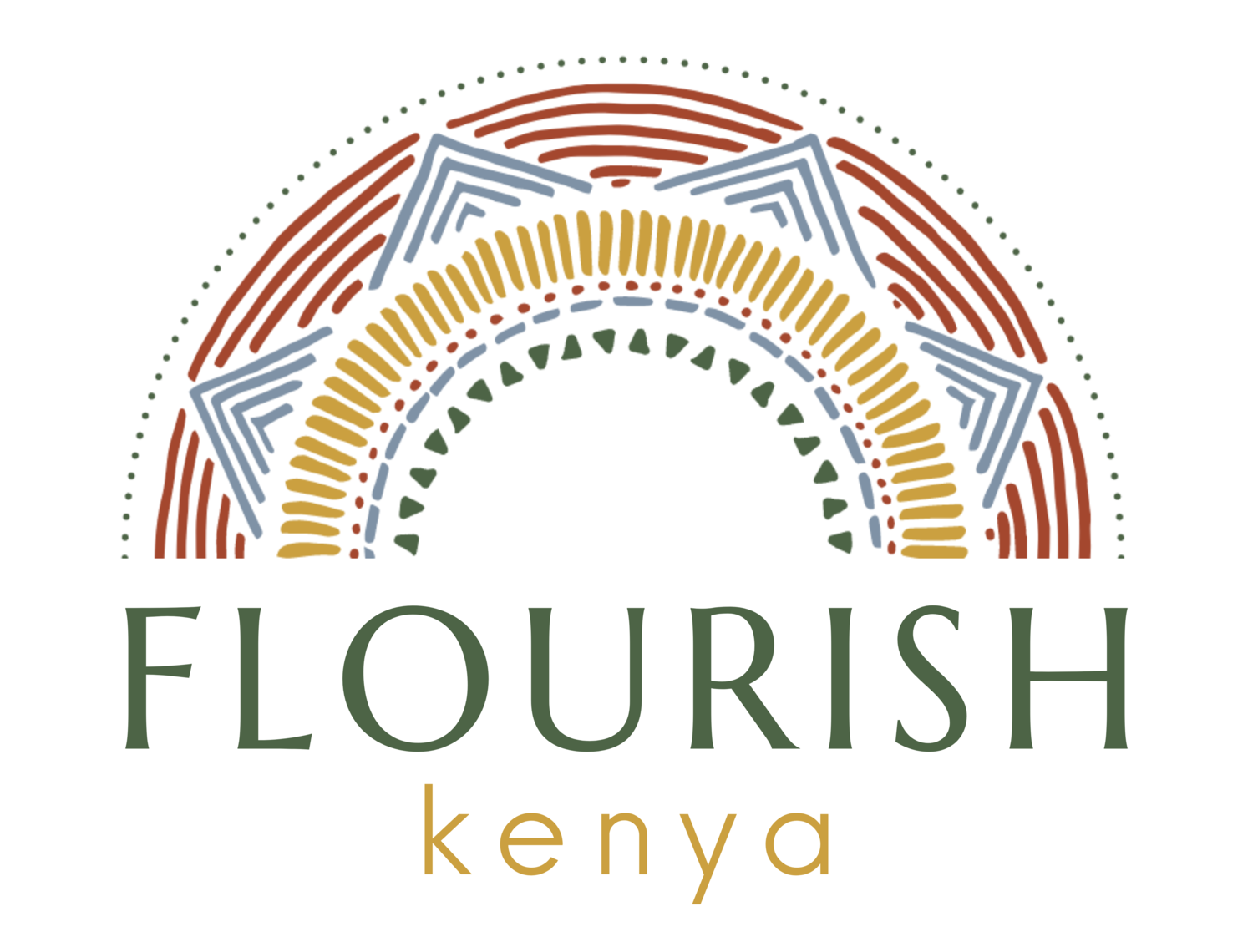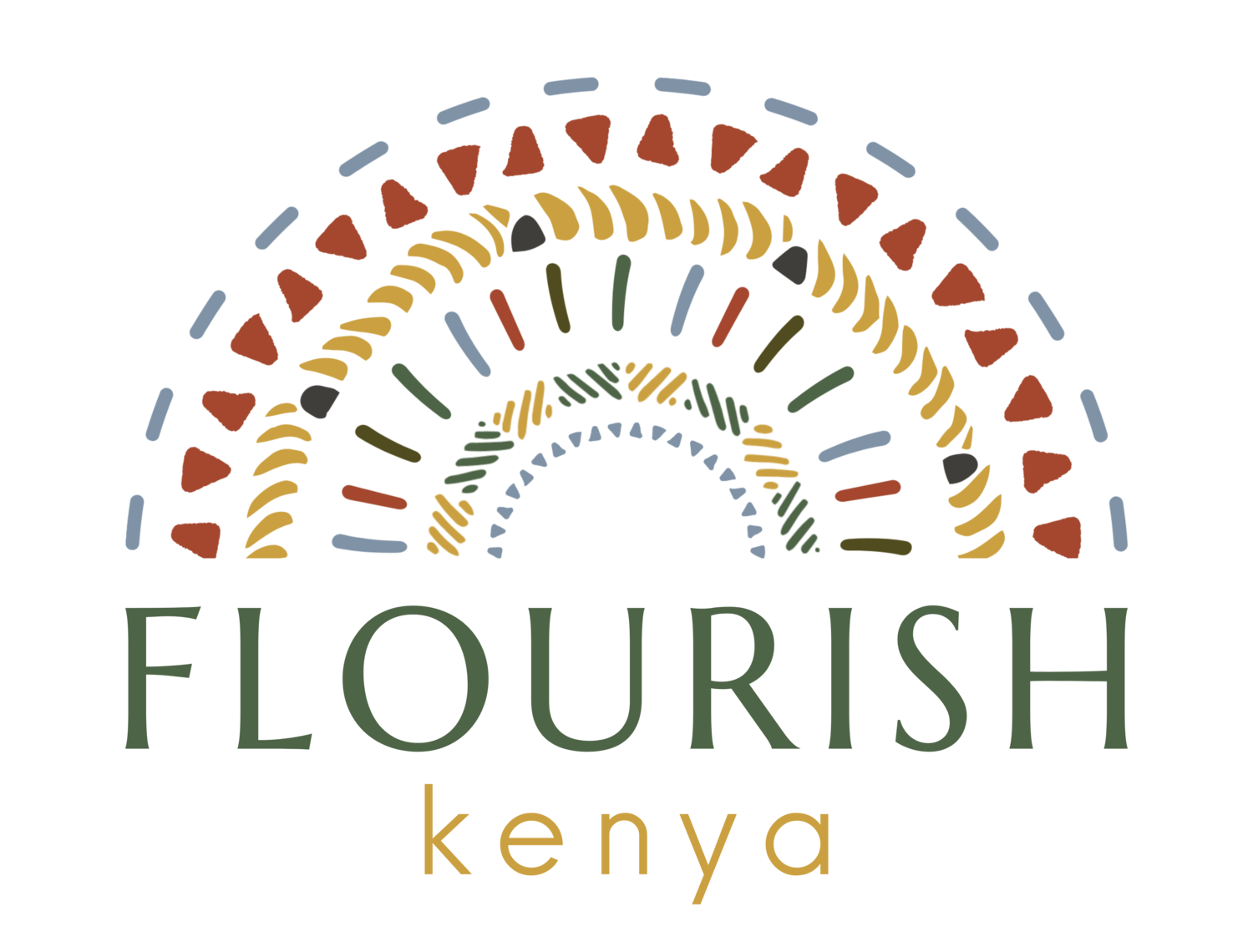The View From the Front Lines of the War on Teen Pregnancy
Community Dialogues dig up buried issues in the interior of Transmara
Recent statistics from the Ministry of Health unveiled a new tragic reality for Kenya: we are now ranked #3 in the WORLD for teen pregnancy. In response, Health Cabinet Secretary Mutahi Kagwe stated in a speech given on 14 July 2022, “We must rescue the affected girls and ensure they are taken back to school while building a solid community system that will end these challenges at the County and national levels. The era of looking the other way and letting perpetrators of sexual and gender-based violence walk scot-free must end. Let us have constructive community dialogues that provide solutions.”
Narok county has long been the epicenter of the teen pregnancy crisis in Kenya. In Transmara, one in four girls between the ages of 10 and 19 becomes pregnant and faces life-threatening challenges such as forced abortion, birth accidents, homelessness that leads to prostitution, and even suicide. Pressure on front-line workers in the battle to end the teen pregnancy epidemic is mounting post-pandemic.
In late June, our staff set out to uncover hidden causes and emerging trends in teen pregnancy, and call for feedback and proposed solutions to the complex issues facing teens and youth. They did so by conducting Community Dialogues in five separate locations around Transmara. Each chat involved 20 or more participants including local chiefs, elders, MoH representatives, teachers, area parents, and religious leaders. Flourish Kenya’s local staff asked the community members specific questions about the causes of teen pregnancy in their particular locations. Participants agreed to dig deep into their local customs, long-held cultural beliefs, and other issues that might lead to the root causes of continually increasing teen pregnancy rates in their communities.
To be sure, the usual culprits such as Female Genital Mutilation/Cutting (FGM/C) and poverty-driven early marriage are at play, but why is Transmara seeing such a spike, yet again? These dialogues revealed that it is because there is not a one-size fit’s all solution to ending FGM/C, which is the top risk factor for teen pregnancy. Different trends in key challenges that lead to these issues emerged in each locality such as lack of access to resources; gender-based violence; malnourishment; delayed start to education; mental, emotional, verbal, and sexual abuse; poor education, particularly with regard to SRH and more specifically the harmful effects for FGM/C; and good old peer pressure— among adults, that is.
Not surprisingly, the proposed solutions were as diverse and community-specific as the problems themselves. Unfortunately, very few organizations are reaching these remote areas of the country. The tragic consequences of the triple-threat that is FGM/C, early marriage, and teen pregnancy have often never been shared or discussed with community leaders. This is why Flourish Kenya ventures into the most interior parts of Narok county with local staff and volunteers who understand and are part of the local culture, never employ condemnation or shame to get their message across, and always seek community-led solutions
Flourish’s custom Sexual and Reproductive Health (SRH) curriculum is being published for widespread use later this year and is seeing great results in the upper primary and secondary schools where they conduct education sessions. In fact, in those 20+ schools, there has been a steep drop-off in teen pregnancies, and a spike in academic performance and classroom behavior. With a proven model, Flourish Kenya is now set on pressing through the disruptions and setbacks from COVID-19.
The next step is collaborating with key stakeholders to further customize solutions in the communities whose teens are at the highest risk. Flourish Kenya is seeking partners for joint funding proposals and calling on everyone working in the SRHR space, specifically on ending FGM/C, early marriage, and teen pregnancy, to come together and cooperate for the good of all teens in Kenya. Please contact Christine Lemiso, Administrator at christine@flourishkenya.org with pitches for partnership or funding leads.
Written By Tia McNelly
Executive Director
tia@flourishkenya.org
Stay Tuned for Part 2 in our series on sexuality titled Summer Lovin’ coming out in two weeks! Read part one here.
Support our front-line workers by becoming a First Responder today!
First Responders give
CPR: Care | Provision | Restoration
to a generation of teens in Kenya.




